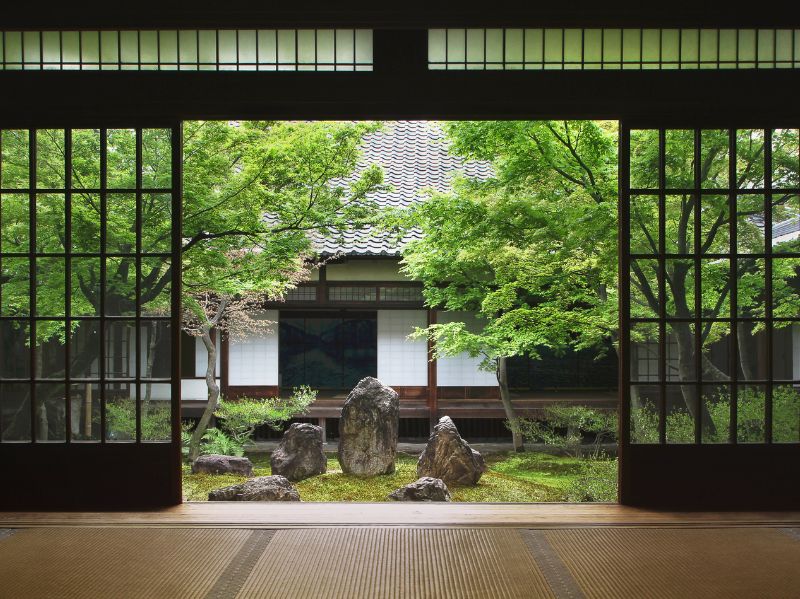|
Ten Topics Will Be Discussed in The First Three Days of Migration to Japan

You’ve completed all the preparations needed to begin your new life in Japan. The next stage is to settle in now that your immigration status has been granted. You’re in a completely unfamiliar setting, so it seems sense that you might be anxious, but you can do this! It all comes down to understanding what needs to be organized and how to handle it.
Relocate to Japan: 10 Strategies for Adjusting
Any new resident will often need some time to become used to their new neighborhood. In order for you to calm down much faster, there are a few crucial things you should take care of. Within the initial few days of your migration to Japan, you should take care of the following 10 items:
Get your resident card secured
Priorities first. For formal registration, you must get your residency card from the municipal hall. Residence cards are issued by the Japanese government to foreign visitors who remain in the country for more than a short while. Your crucial personal information, which is required to create a bank account, get a cell phone, and other things, will be on this card. Consider this your permanent driver’s license that you should always have with you.
The procedure for obtaining yours starts as soon as you board the aircraft bound for Japan. Official papers are required to be presented, such as your passport, application for a residency card, and a copy of your new home’s address. As soon as you get in the nation, you should ideally pick up your residency card at the municipal hall.
Obtain transit passes
In the same way, you need to get prepaid transit cards as soon as possible. IC cards are unique rechargeable cards that are used in Japan. These are handy rechargeable cards that you may use to pay for purchases in restaurants, stores, vending machines, and public transit!
ICOCA, PASMO, and Suica are some of the major IC cards. Make sure the card you purchase is compatible with the buses and trains in your area. The sooner you get an IC card, the sooner you can take use of Japan’s extensive public transportation network!
Obtain health insurance
It is highly recommended that you enroll for National Health Insurance (NHI) as soon as you arrive in Japan, since this is the norm for locals. This is your opportunity, as a foreigner, to get insured under a socialized program. It is advisable to do this within your first days of arrival, since NHI may impose extra fees for the months that follow.
Your company may arrange for you to enroll in Employees’ Health Insurance (EHI) if you are moving to Japan for employment. In order to pay for medical expenses, your company will thus withhold social security payments from your pay. You may feel secure knowing that you have health insurance while working in this fashion.
Inform authorities
It’s also imperative that you notify the office of your new location as soon as possible about your move. You have fourteen days from the date of your move to file a notice to the city, ward, or village administration. In order to confirm that the local gas, water, and electricity providers have taken the appropriate safety precautions in your new house, you may also need to get in touch with them.
It would be beneficial if you have these businesses’ contact information handy. In addition, Japan’s emergency numbers vary from your native country’s. Make sure you have a list of essential contacts, including the embassy of your home country, the coast guard, and the fire department in your community.
Welcome the neighbors
It’s normal to introduce oneself to your close neighbors as a new resident. Offering a modest present, such some snacks or dishtowels, might help you leave a better impression. Giving out hikkoshi soba(引越しそば), or buckwheat noodles, is another custom; they are given out especially when someone moves into a new area.
These days, rural communities may see a higher frequency of these self-introductions. Apartment complex occupants would probably appreciate this gesture anyway. Additionally, honoring Japan’s fundamental traditions would demonstrate your desire to integrate into the community despite your status as a foreigner.
Go through fundamental manners.
In order to join the community, you will need to abide by a new set of rules. Japanese people place a high priority on several traditions, such regulating noise levels. The architecture of Japanese residences is often near to one another, with slender walls between each. To prevent starting a conflict with your neighbors, you should try to keep your voice low.
You’ll also need to get acclimated to the tradition of taking off your shoes before entering a house. If you want to save your prospective home visitors the hassle of wearing soiled socks, you may as well give them slippers. Wearing shoes inside restaurants and temples is a requirement for some establishments, therefore following this tradition at home is a smart idea.
Sort your trash
Japan has extremely specific rules around garbage. You could also inquire with your neighbors about the timetable for the local rubbish pickup service. Twice a week, services often pick up flammable garbage like paper and food scraps. Additionally, you would need to buy specific rubbish bags from nearby retailers for different types of waste.
Every city has a system in place for sorting rubbish. You may probably get an English guide on recycling and sorting your rubbish from your local ward office. Additionally, you may always look for additional information in your local directory. Talking to your neighbors about their schedules is a good idea since apartment complexes may even have their own special way of doing things. Keeping your surroundings tidy is something you’d be doing for both yourself and your neighbors.
Find the neighborhood association in your area
In Japan, locals organize into neighborhood groups called chōkai㼈町会) or jichikai㼈自治会). Communities may span the whole city or even just one apartment building. Members of jichikai or chōkai plan neighborhood events to encourage pleasant living. They mostly participate in relief efforts to support those affected by tragedies.
You may get involved in your new area by becoming a member of the neighborhood association. This is a fantastic method to build relationships and get to know your neighbors. Even better, you’d get to put the language and manners you’ll be studying to use!
Join a community of expatriates
Having people who understand your circumstances would be wonderful now that you are living outside of your own country. With applications or websites, you might communicate with other expatriates (expats)! Before traveling to Japan, you may have previously arranged anything with an expat community. When you do eventually get to meet them, they will be happy to make whatever accommodations!
Connecting with expats who have lived in your area longer can help you navigate it much better. Having friends in Japan who are also bilingual may provide you some comfort. After all, having supportive individuals around throughout your transition time might make it more enjoyable.
Pick up the language
Lastly, because you will be residing in Japan going forward, it would be wise for you to review your Japanese language skills. Effective communication may need you to revisit fundamental language skills even after years of study. Keep in mind that conversational Japanese may vary from that of a textbook. If you really participate in everyday tasks as practice, it could be helpful!
Abundantly surround oneself with Japanese. Keep an eye out for various road and street signs, product labels at food shops, and symbols for recycling waste. Communicate and think in Japanese. Talk to your neighbors and watch TV and news together. You’ll quickly become proficient!
In summary
You may find it difficult to plan your first few days of your new life in Japan. We’ve included some formal and informal things in this short guide that you may want to think about discussing before moving further. You’ll discover that a little introduction may make a big difference. You’ll eventually become close friends with your neighbors and feel at home in your new house!






